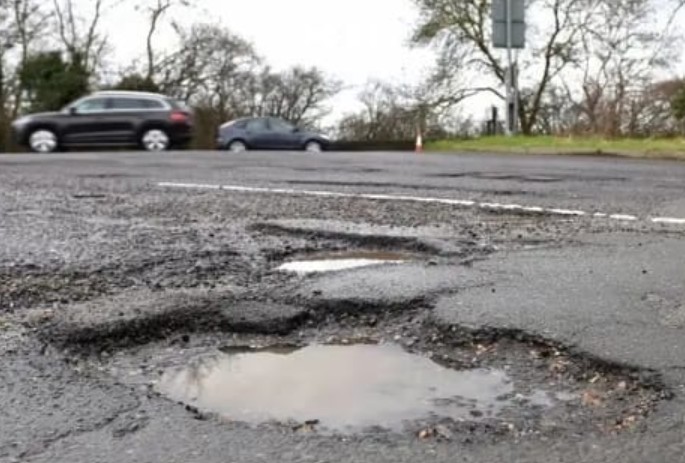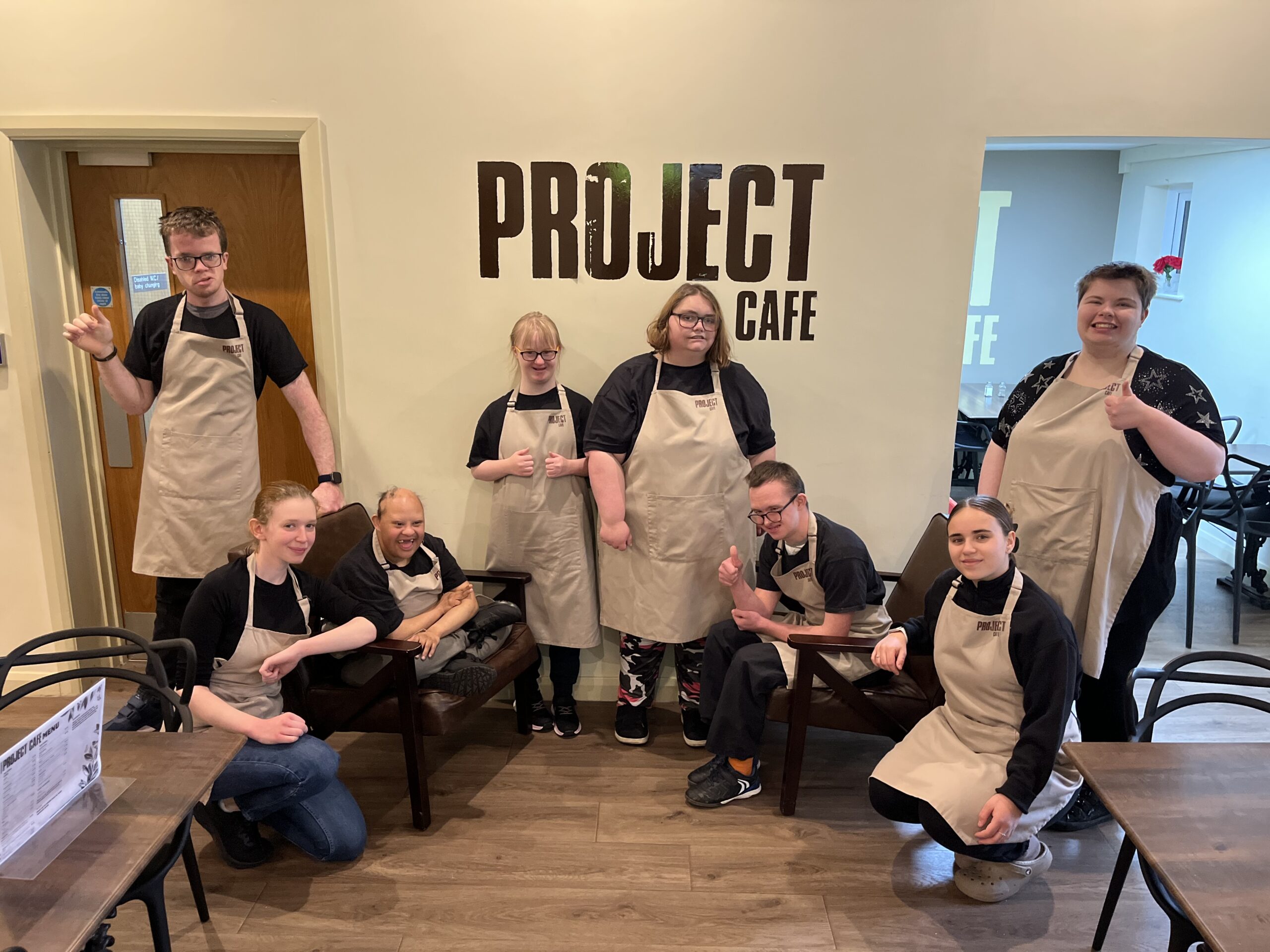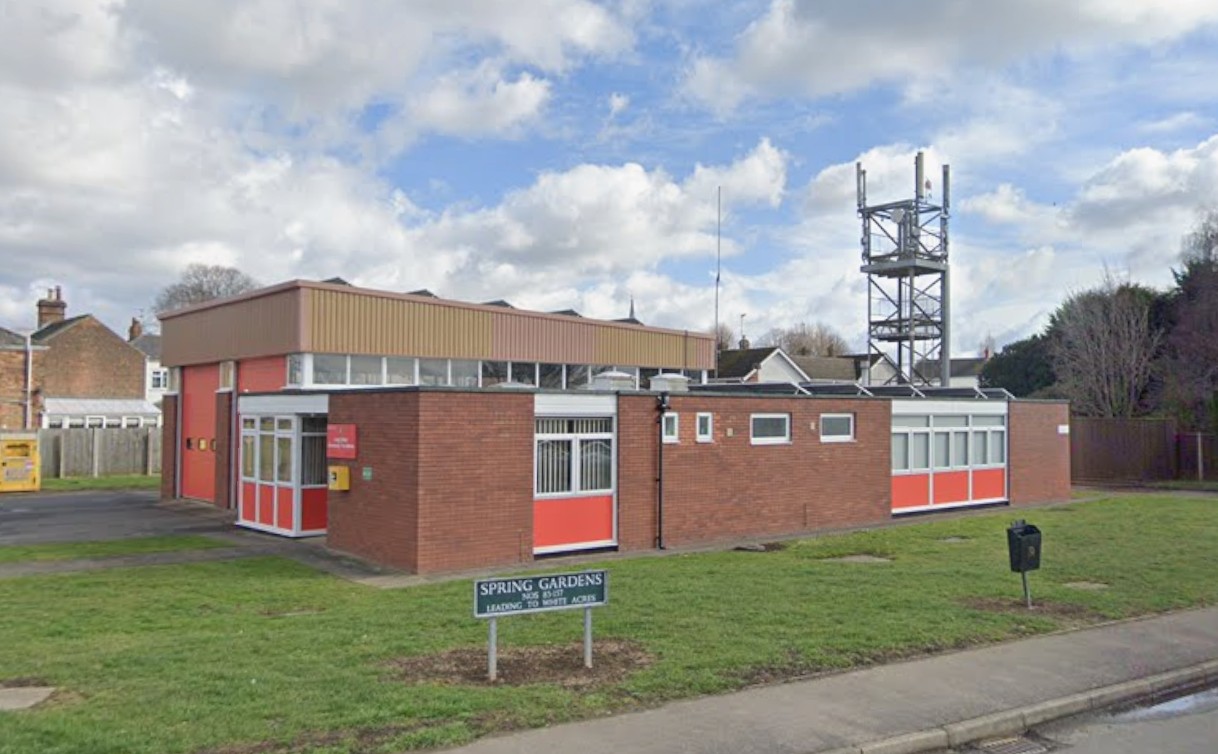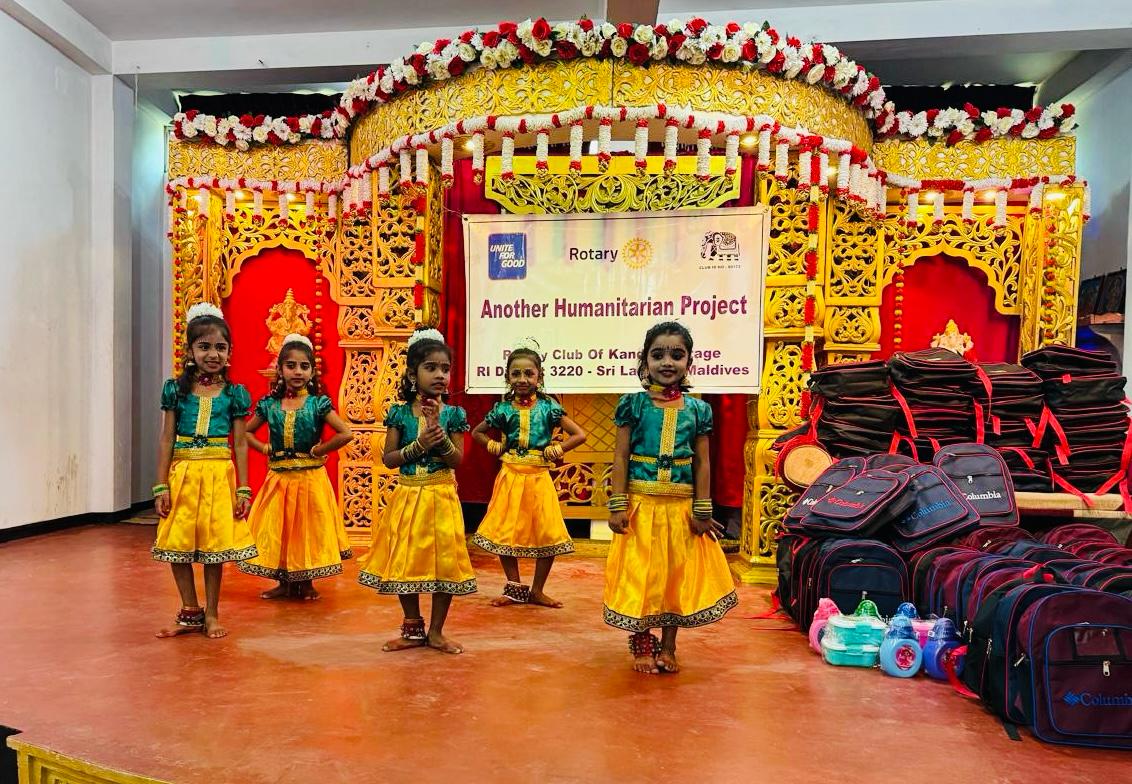Hospitals in Lincolnshire are paying around £475,000 a month in damages for negligence causing cerebral palsy.
Figures have been revealed which show that the United Lincolnshire Hospitals NHS Trust paid out more than £57m in damages due to failings leading to cerebral palsy over a ten-year period from 2010.
A freedom of information request to NHS Resolution, which deals with legal claims, by a law firm showed that 14 claims were settled relating to the lifelong condition.
The average compensation worked out at around £4m a case and £9m in legal fees.
Nationally the total was £4.3 billion and £613m in fees for 1,441 clinical negligence cases.
“One of the main causes of cerebral palsy is hypoxic brain injury during childbirth,” said Robert Rose, head of clinical negligence at Lime Solicitors.
But negligent mistakes can lead to the brain injury and errors can include delayed delivery, missing signs of distress and failing to respond to a wrapped umbilical cord.
Medical director at United Lincolnshire Hospitals NHS Trust, Colin Farquharson said: “NHS Resolution settles litigation claims on behalf of all NHS trusts and any funds paid out in litigation cases are not paid by ULHT but are covered by the premium paid each year to NHS Resolution.
“While we are not able to comment on the specific detail of the claims referred to during the ten-year period, we acknowledge that any failure to provide care to the high standards we expect can impact upon our patients and their loved ones.
“This is why we take every opportunity to listen to those experiencing our care and to learn from our mistakes, acting openly and honestly when those standards are not met.
“We also use the learning of others to improve the quality of our care,” he added.
Cerebral palsy is a lifelong condition that affects movement and coordination. Those living with it may have a variety of problems including movement and speech difficulties, learning disabilities, hearing or vision loss.
“Negligent injuries resulting in cerebral palsy should not take place and we know the lessons that should have been learned, but unfortunately time and time again, the same mistakes are made,” said Mr Rose.
“The amount of compensation depends on each individual scenario and can include whether a new vehicle is required for wheelchair access, home adaptations for disability assistance equipment, loss of earnings for parents,” he added.
According to disability charity Scope, around 1,800 children are diagnosed each year, meaning 18 per cent of the estimated 18,000 new cases over the past decade were down to negligent errors.







